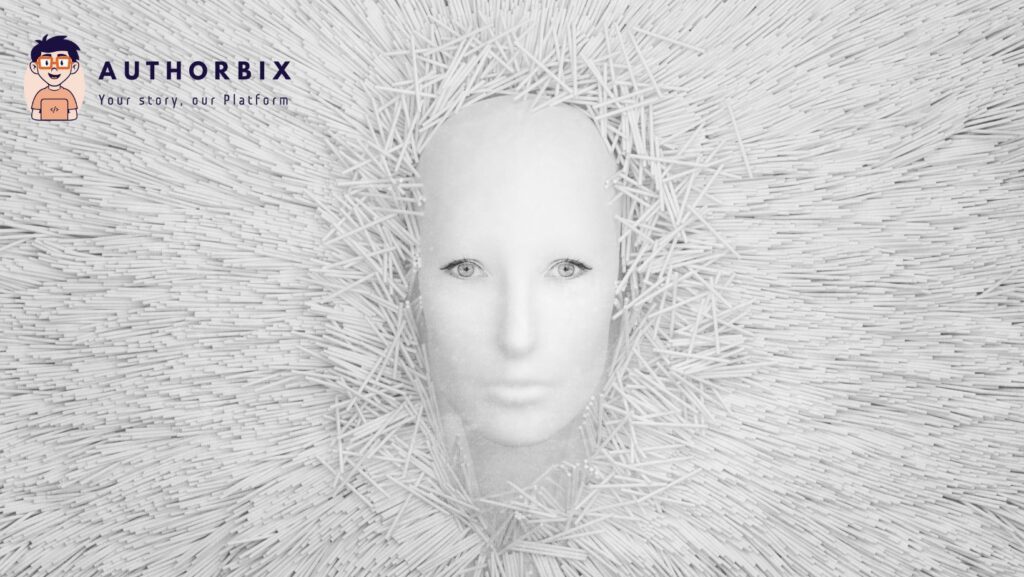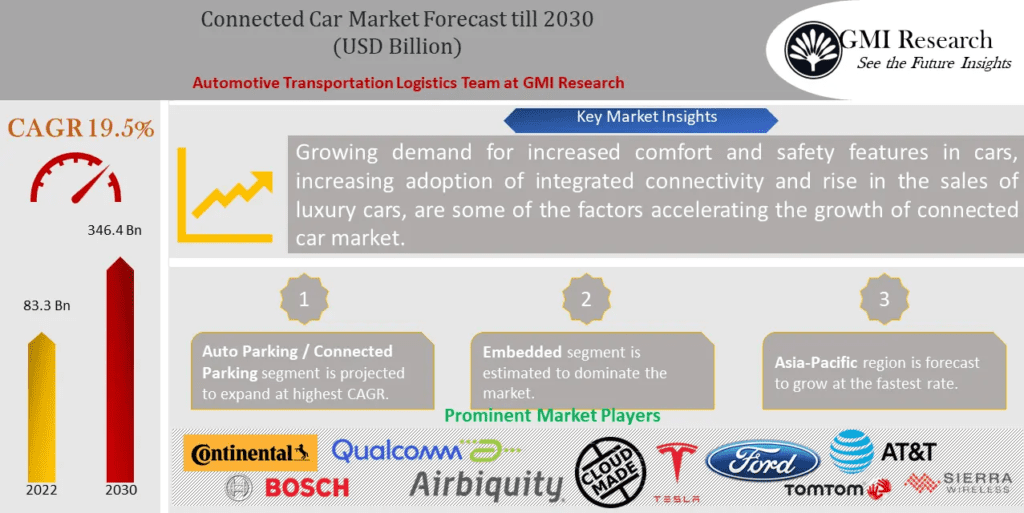Embracing Artificial Intelligence in Fashion Evolution 2024

Artificial Intelligence (AI) is no longer a futuristic concept but a tangible reality reshaping industries across the globe. The fashion world, renowned for its creativity and dynamism, is undergoing a profound transformation, courtesy of AI. In 2024, this synergy between technology and fashion is more evident than ever before.
Table of Contents
ToggleArtificial Intelligence as a Design Catalyst
One of the most striking applications of AI in fashion is in the realm of design. AI algorithms can analyze vast datasets of fashion trends, consumer preferences, and historical design elements to generate innovative and unique designs. This capability is liberating designers from the constraints of conventional design processes, allowing them to explore uncharted creative territories.
Moreover, AI-powered tools can assist in fabric selection, pattern creation, and even 3D garment visualization. This not only accelerates the design process but also minimizes errors and material wastage.
Personalization: The Artificial Intelligence Touch
The fashion industry has always strived for personalization, but AI is taking it to a whole new level. By analyzing customer data, AI can create highly personalized recommendations, helping consumers discover styles that perfectly align with their tastes. Virtual try-on experiences, powered by AI, allow customers to visualize how different outfits would look on them without physically trying them on, enhancing the shopping experience.
Furthermore, AI can facilitate mass customization, enabling consumers to create their own unique pieces. This level of personalization not only boosts customer satisfaction but also reduces returns and inventory management challenges.
Supply Chain Optimization
The fashion industry is characterized by complex supply chains. AI is proving to be a game-changer in optimizing these supply chains. By analyzing data on production, transportation, and inventory levels, AI can predict demand, optimize production schedules, and reduce lead times. This leads to improved efficiency, cost reduction, and reduced environmental impact.
AI can also be used to identify ethical and sustainable suppliers, ensuring that fashion brands align with consumer values and contribute to a more responsible industry.
Virtual Fashion and Metaverse
The rise of virtual fashion and the metaverse is another exciting frontier for AI in fashion. AI-generated digital fashion items can be sold and worn in virtual worlds, creating new revenue streams for fashion brands. Additionally, AI can be used to create realistic virtual models for showcasing clothing, reducing the need for physical fashion shows and minimizing the associated environmental impact.
Challenges and Considerations
While the potential of AI in fashion is immense, it is essential to address the challenges and ethical considerations associated with its adoption. Issues such as data privacy, job displacement, and the environmental impact of AI development need careful consideration.
It is crucial to strike a balance between leveraging AI for innovation and preserving the human element in fashion. While AI can automate certain tasks, the creative vision and emotional connection that human designers bring to the table are irreplaceable.
AI: The Future of Fashion Accessibility
Beyond design and personalization, AI is also revolutionizing fashion accessibility. For individuals with disabilities, AI-powered tools can assist in selecting clothing based on specific needs, such as sensory sensitivities or mobility limitations. Additionally, AI can generate descriptive text for images, making online shopping more accessible for visually impaired individuals.
Quick Read: Top Artificial intelligence Blogs Websites To Follow in 2024
Ethical Considerations and the Human Touch
While AI offers immense potential, it’s essential to approach its integration with a sense of responsibility. Ethical considerations, such as data privacy and algorithmic bias, must be at the forefront. Fashion is an industry built on human creativity and emotion, and AI should augment, not replace, these qualities.
The future of fashion lies in a harmonious blend of human ingenuity and technological advancement. By understanding the strengths and limitations of both, we can harness the power of AI to create a more inclusive, sustainable, and innovative fashion industry.
As AI continues to evolve, it’s crucial for the fashion industry to stay at the forefront of technological advancements. By embracing AI as a tool for enhancing creativity, efficiency, and sustainability, fashion brands can position themselves for success in the digital age.
Ultimately, the goal is to create a fashion world where AI empowers both designers and consumers, fostering a future where style, technology, and ethics coexist in perfect harmony.
Conclusion
The integration of AI into the fashion industry is still in its early stages, but its potential is undeniable. From design and personalization to supply chain optimization and virtual fashion, AI is reshaping the industry in profound ways. As technology continues to evolve, we can expect even more groundbreaking applications of AI in fashion, creating a future where creativity, technology, and sustainability coexist harmoniously.
By embracing AI as a tool and partner, the fashion industry can unlock new opportunities, enhance customer experiences, and contribute to a more sustainable and ethical future.

5 Powerful Ways Freelance Writers Can Thrive with AI

Embracing Artificial Intelligence in Fashion Evolution 2024

Cloud Computing: Fueling the Digital Revolution in 2024

5 Powerful Ways Freelance Writers Can Thrive with AI

Embracing Artificial Intelligence in Fashion Evolution 2024

Top Artificial intelligence Blogs Websites To Follow in 2024

Connected Cars: Powering the Future of Intelligent Mobility

5 Powerful Ways Freelance Writers Can Thrive with AI

Embracing Artificial Intelligence in Fashion Evolution 2024

Cloud Computing: Fueling the Digital Revolution in 2024







